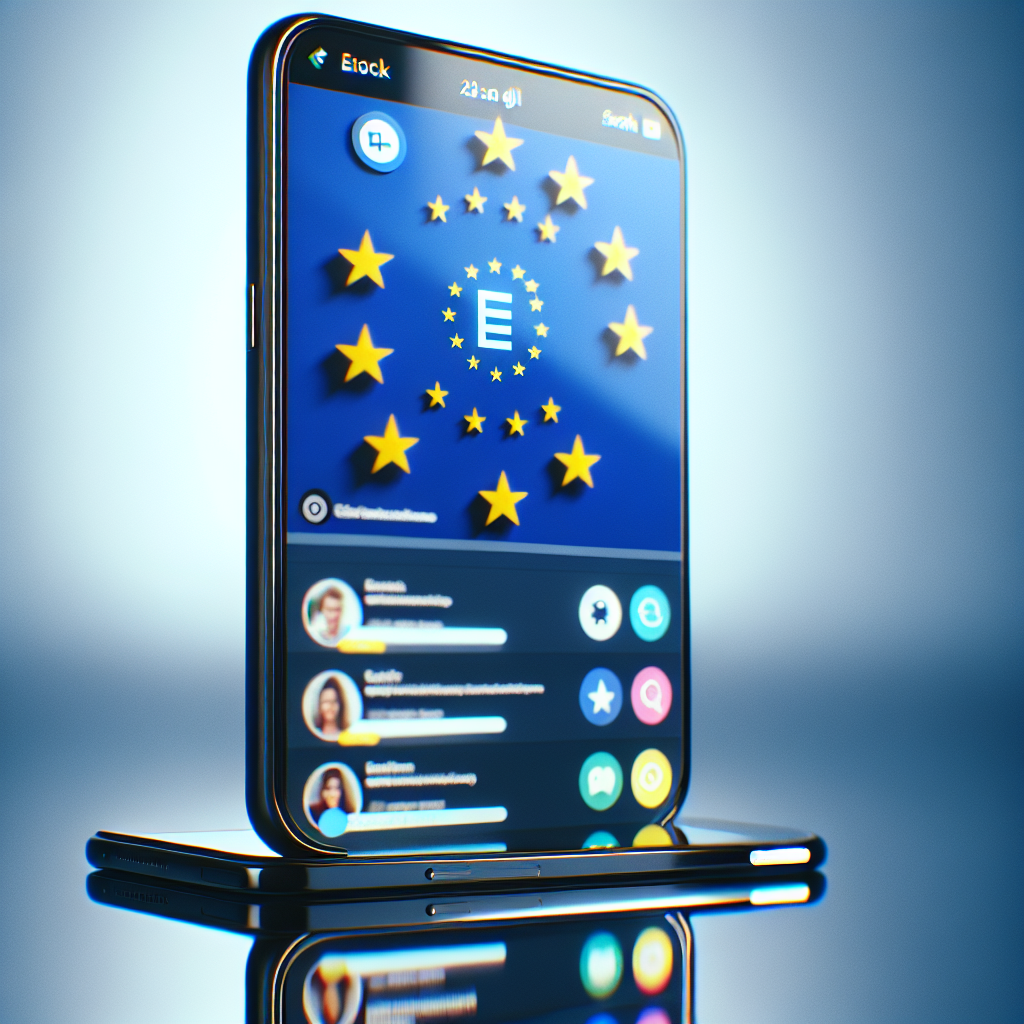The regulatory body of the European Union stated on Friday that Elon Musk’s social media platform has violated rules regarding advertising transparency, data access for researchers, and user information.
The European Commission’s decision follows months of investigating whether X — formerly Twitter, which Musk acquired in October 2022 — had breached the Digital Services Act (DSA). This law aims to ensure major digital platforms and their owners protect user privacy and prevent the spread of harmful content online.
According to the commission, X failed to comply with rules mandating transparency in advertising, particularly noting the absence of a searchable advertisement database. For example, Meta’s Facebook offers an ad library where users can search ads that have run in the EU over the past year and those focused on political or social issues over the past seven years.
Additionally, Musk’s platform is accused of not providing researchers with access to public data. The commission highlighted Musk’s decision to place X’s application programming interface — a tool that grants researchers access to around 10 million posts monthly — behind a costly paywall, halting at least 100 research endeavors.
The commission also criticized X’s verification system for misleading users into believing some accounts are legitimate. After Musk’s takeover, the platform removed blue checkmarks from legitimate and notable users, linking them instead to subscription accounts purchasable by anyone. “There is evidence of motivated malicious actors abusing the ‘verified account’ to deceive users,” stated the commission.
Thierry Breton, the EU commissioner for the internal market, remarked, “BlueChecks used to mean trustworthy sources of information. We also consider that X’s ads repository and data access conditions for researchers do not meet the DSA transparency requirements.”
Musk responded to the decision with several remarks. In reaction to Breton’s post about the blue checkmarks, Musk questioned, “How do we know you’re real?” He also described the DSA as “misinformation.”
Musk further claimed, “The European Commission offered X an illegal secret deal: if we quietly censored speech without telling anyone, they would not fine us,” and suggested that other platforms accepted such a deal, though he did not clarify which ones.
He also promised a “very public battle in court, so that the people of Europe can know the truth.”
In response, Breton asserted, “There has never been — and will never be — any ‘secret deal’. With anyone.” He emphasized that the DSA grants large platforms the opportunity to propose commitments to settle cases, adding that X had requested clarification of the commission’s concerns and the settlement process.
The regulatory arm’s findings are preliminary, and X will have the chance to respond. If the commission confirms its preliminary findings, X could face fines of up to 6% of its total worldwide annual turnover and be ordered to take corrective measures.
The commission has recently been active against several tech giants, accusing Apple, Microsoft, and Meta of violating its anti-competition law, the Digital Markets Act.
